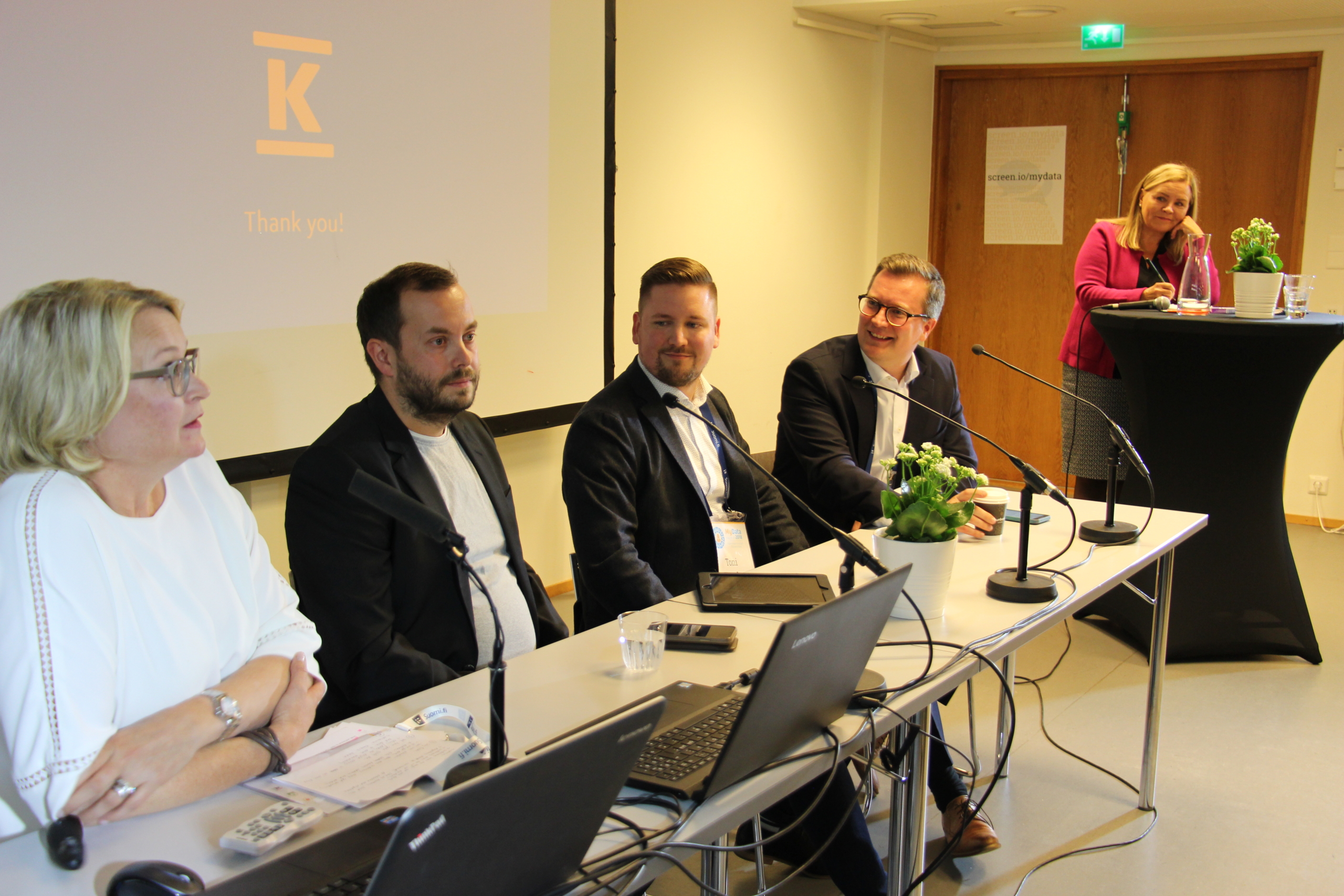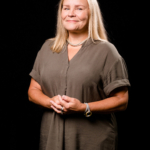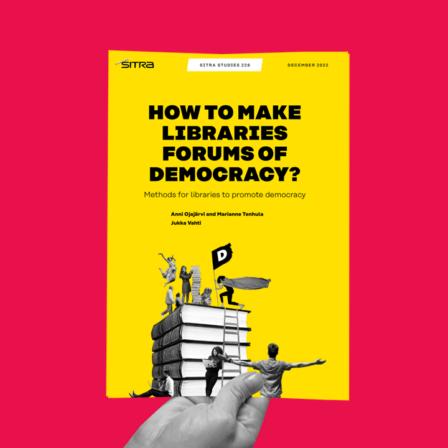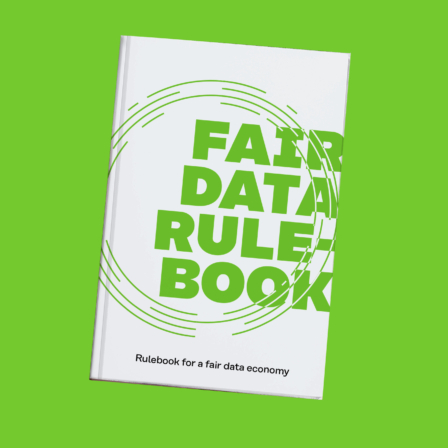“It takes years to build trust, one second to violate it and forever to repair it.”
This is how Anni Ronkainen, Chief Digital Officer at Kesko, summarised the nature of trust at Sitra’s panel discussion held at the MyData conference in late August on the topic of the opportunities and challenges presented to companies by the new human-driven data economy.
Trust plays a key role in the human-driven data economy. Without trust, there is no movement of data. Without data, even the best applications of artificial intelligence and machine learning are useless to people and organisations.
Everything becomes data-driven
The fair use of data was one of the central themes of the panel discussion hosted by Sitra. Ronkainen was joined on the panel by Mika Nikkola from Palmu, Toni Ruuska from Posti and Jussi Nissilä from the Ministry of Economic Affairs and Employment. The panel was moderated by Tiina Härkönen, Leading Specialist at Sitra.
According to Ronkainen, all industries and enterprises must adopt a data-driven approach to their business in the near future if they intend to keep up with the competition. This shift is already well under way in her industry, the retail sector.
“All of the key processes in retail are now data-driven: marketing, decision-making, maintaining customer relationships, digital services and building the customer experience,” Ronkainen explained.
This isn’t to say that the use of data is anything new. Toni Ruuska from Posti pointed out that Posti as an organisation has a “long marriage” with data behind it: for 400 years, the Finnish postal service has delivered items based on people’s location or address data.
Now, as a result of the digital transformation, similar services – along with many other services – can also be produced based on a phone number, for example.
The digital transformation has also led to rapid growth in the scale of data use, which is why new rules, technical solutions and operating models are badly needed.
One project that aims to respond to these needs is Sitra’s IHAN project, which focuses not only on building the foundation for a fair and efficient data economy, but also on establishing pan-European rules and solutions for human-driven data exchange.
Will fair data certificates be the latest development in fair trade?
The panellists were vocal in calling for clearer rules to be established. One of the topics of discussion was the possibility of developing a Fair Data certificate, much like the Fair Trade label that consumers are already familiar with.
According to Toni Ruuska, fair trade and the fair use of data could have a lot in common.
“Personally, I’d welcome the introduction of a certificate that would strengthen the customer’s position and, for example, ensure that the party who discloses data is able to see what is done with that data and how it is used,” Ruuska said.
But are these lofty goals concerning the fairness and transparency of the use of data compatible with the business objectives of growth and making more money?
The panellists suggested that fairness and profitability are not mutually exclusive. An improved customer experience driven by data is in everyone’s interest.
Mika Nikkola, who represented Palmu on the panel, emphasised that respect for the customer must be incorporated into how the customer’s data is used.
Determining the value of data remains difficult
Nikkola also highlighted the difficulty of determining the value of data. While most companies are prepared to estimate that the data they possess is “highly valuable”, any requests for a more detailed calculation are likely to be met with admissions of how difficult – or impossible – they are to make.
“They don’t even know how many zeros there should be in the figure. Recognising this, we have started thinking about ways to calculate the value of a company’s data. We are planning to try it with a few of our customers in the near future,” Nikkola said.
In response to Nikkola’s remarks, the panellists also discussed whether the value of the data that companies possess should be better accounted for in their financial statements.
What would the perfect data economy look like?
The panel concluded with a round of comments on what the ideal world would look like when it comes to data use.
Jussi Nissilä from the Ministry of Economic Affairs and Employment suggested that, in an ideal world, businesses would operate on a more level playing field and it would be easier for new entrants to challenge the larger and more established players.
Toni Ruuska from Posti characterised his ideal world as a place where open data is used in broader and more diverse ways, also in the realm of business.
Mika Nikkola from Palmu described his utopia as people having more information on how their data is used and what it means for them.
Anni Ronkainen from Kesko echoed the view that using open data should be easier than it currently is, and the existing technical and IT-related problems that hinder traditional corporations, in particular, should be solved. This would also mean that smaller players would be on a more equal footing with the global giants of data.
Sitra’s IHAN® project aims to build the foundation for a fair and functioning data economy. The main objectives are to create a method for data exchange and to set up European level rules and guidelines for ethical use of data. Join the pioneers of the fair data economy! Find out how here.



















Recommended
Have some more.